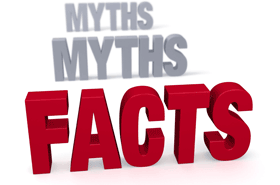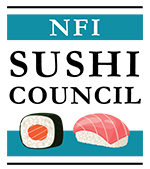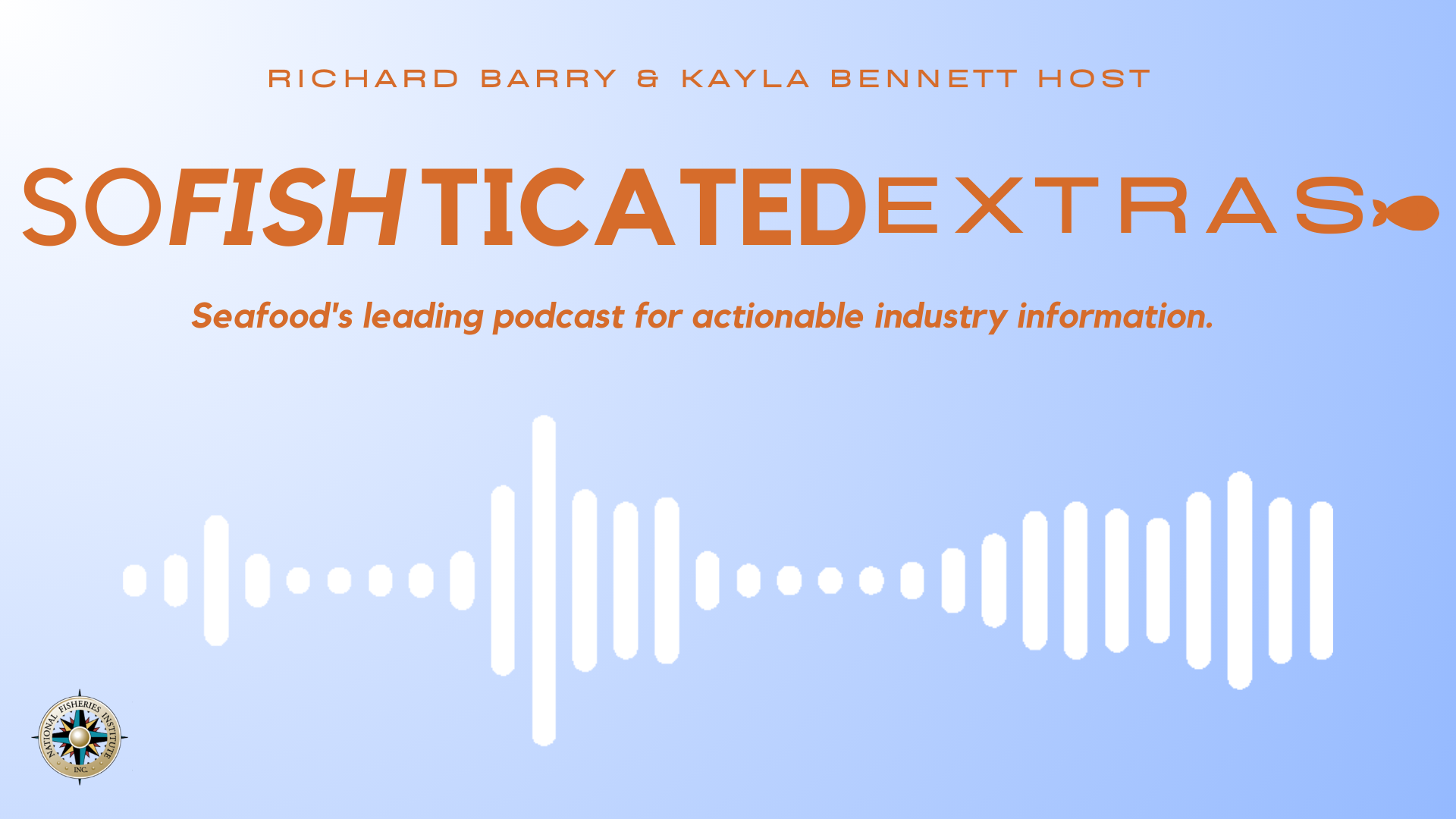The Dartmouth University Superfund[ers of Fearmongering]
The Dartmouth University Toxic Metals Superfund Research Program contains a section on mercury, which includes a short documentary video and a number of links to Information About Seafood and Nutrition. Unfortunately, the video does more to confuse the facts about the presence of naturally occurring organic mercury in our oceans than it does to clarify them, and the sources cited on the page are a whos who of seafood fear-mongers, long on ulterior agendas and short on nutritional expertise.
Consider Oceana, whose representatives are given ample air time in the video. Oceana is a self-described oceanic conservation organization, not a nutritional group. And yet, as their CEO Andrew Sharpless admitted, they have targeted naturally occurring mercury in seafood to amplify their agenda. People start to care more and understand the threat to the ocean, when you tell them their tuna fish is contaminated. Its a dramatic, eye-opening moment, Sharpless said. Its also a disingenuous moment. Oceana relies on unverifiable anecdotes to suggest that mercury poisoning is a real problem in the United States, a contention no peer reviewed scientific study has ever backed up. But all that matters to the group is that the public is frightened into paying heed to their agenda, no matter the nutritional repercussions.
The same goes for the Natural Resources Defense Fund (NRDC), a collection of activist trial attorneys and revolving-door government-officials-turned-lobbyists. Nutrition experts, these are not, and yet NRDC sees fit to offer a sustainable seafood guide which the Superfund site dutifully links to. Consumers beware. NRDC has a long history of getting science wrong or making it up and contributing to unnecessary and costly public health scares. They simply cant be trusted.
Or consider the The Gelfond Fund for Mercury Research & Outreach, which claims to not want to discourage people from eating seafood, but which, since its inception in 2009, has specialized in misleading propaganda that seems dead set on scaring people off of fish. The fund is named after millionaire Richard Gelfond, who bankrolled the operation with a $1 million donation, and who claims he suffered from a case of mercury poisoning as the result of eating seafood daily. Like other such claims, this sounds awfully strange in a world where citizens of nations like Japan eat far more fish per capita than Americans do, without suffering from any widespread negative health effects and a longer life expectancy. The Gelfond Funds advisory board, by the way, features no nutritional experts.
In fact, none of the groups linked on the Dartmouth site are primarily concerned with nutritionone group linked is actually an aquarium!and yet they are presented as experts.
So what do the real experts have to say about eating seafood? The latest official nutritional guidelines from the USDA recommend eating a wide variety of seafood, which is high in protein, low in saturated fat, and contains omega-3 fatty acids associated with improved cardiovascular health and fetal brain development. In fact, the USDA says Americans arent eating enough seafood, and recommend increase[ing] the amount and variety of seafood consumed to at least 8 or more ounces per week, up from about 3.5 ounces a week now, to get maximal cardiovascular benefits.
That advice applies to pregnant women who eat a paltry 1.89 ounces of seafood a weekas well. In fact, the World Health Organization and the Food and Agriculture organization of the United Nations stress that it is important to communicate to pregnant and breastfeeding women the risks of not eating seafood, a finding backed by multiple, peer-reviewed studies in publications like The Journal of Pediatrics and The Journal of Clinical Nutrition.




